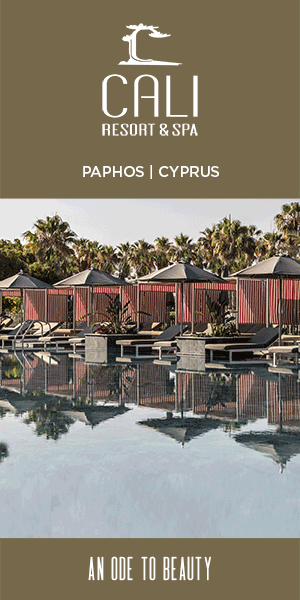?
The Travel Foundation and ABTA have revealed the findings of their Holiday Shopping Report, to coincide with Make Holidays Greener Month www.makeholidaysgreener.org.uk
The Travel Foundation and ABTA have revealed the findings of their Holiday Shopping Report, to coincide with Make Holidays Greener Month www.makeholidaysgreener.org.uk
The findings revealed that British holidaymakers could be unwittingly spending up to 10% of their total holiday budget on souvenirs that are illegal, environmentally-damaging or destined to end up in the bin.
With more than two-thirds of Brits admitting that shopping is one of the highlights of their holiday, the organisations are urging holidaymakers to choose souvenirs that support destination communities, reduce negative impacts on the environment and are likely to be enjoyed and valued for longer when they return home.
The report shows there is confusion amongst holidaymakers about what is illegal to bring home and what is OK.
Despite an international ban dating back to 1990, 11% of respondents thought they could bring ivory home from holiday from some or all countries and didn?t know whether or not they would be breaking the law. Some may also be at risk of prosecution when they return to the UK through importing souvenirs made from endangered species.
Almost a third (29%) of respondents thought that bringing religious artefacts (objects with a special religious significance) home from holiday was illegal from some or all countries, although that?s not the case (holidaymakers are however advised to establish whether these have been sourced legally). A further 17% thought the same of wood carvings and 16% believed that of leather goods.
Another 15% admitted they had brought a shell or piece of coral back with them yet a third of these are either no longer displayed or had been binned. Coral and certain shells require a permit to be brought into the UK and marine ecosystems are threatened when they are harvested for souvenirs.
The most popular holiday souvenir is the t-shirt, with more than half of all Brits admitting that they?ve brought one back from their travels, yet only a handful of holidaymakers admit to ever wearing them when they get back home. Along with fake designer goods, they top the list of holiday memorabilia most likely to be discarded or binned within weeks of return.
The report also revealed that almost three-quarters of people (74%) enjoy buying from local markets, craftspeople and small shops to experience culture and buy unusual souvenirs.? This in turn benefits the local economy.?Local produce, such as olive oil, ornaments, handicrafts and jewellery are the most well-used post-holiday souvenirs, representing good buys.
Sue Hurdle, chief executive of the Travel Foundation, said:? ?For those heading away on their summer holiday this year, look out for quality crafts, check to see where the item is made and what it?s made from - ask the stallholder or shop owner if there isn?t a label. Think about things you can imagine looking at or using when you get back home - local art which can be framed, rugs or hand-crafted jewellery - and don?t forget to enjoy the experience.?
For more information visit www.makeholidaysgreener.org.uk









